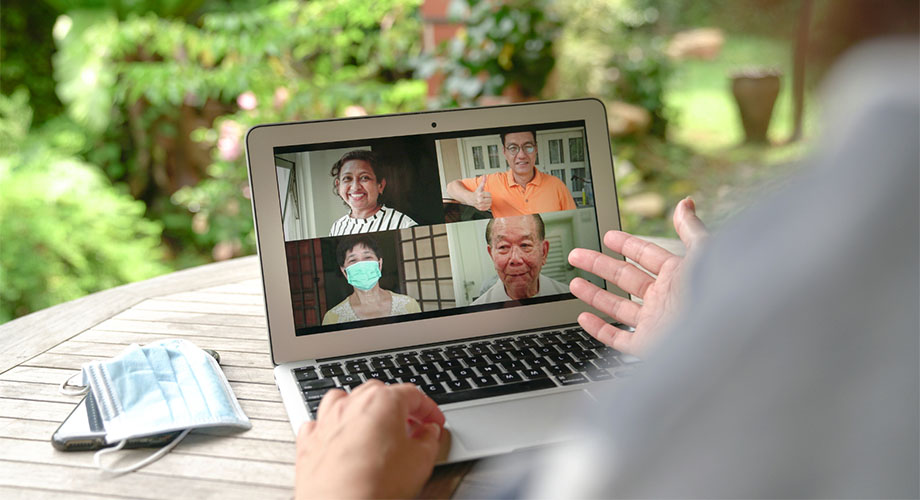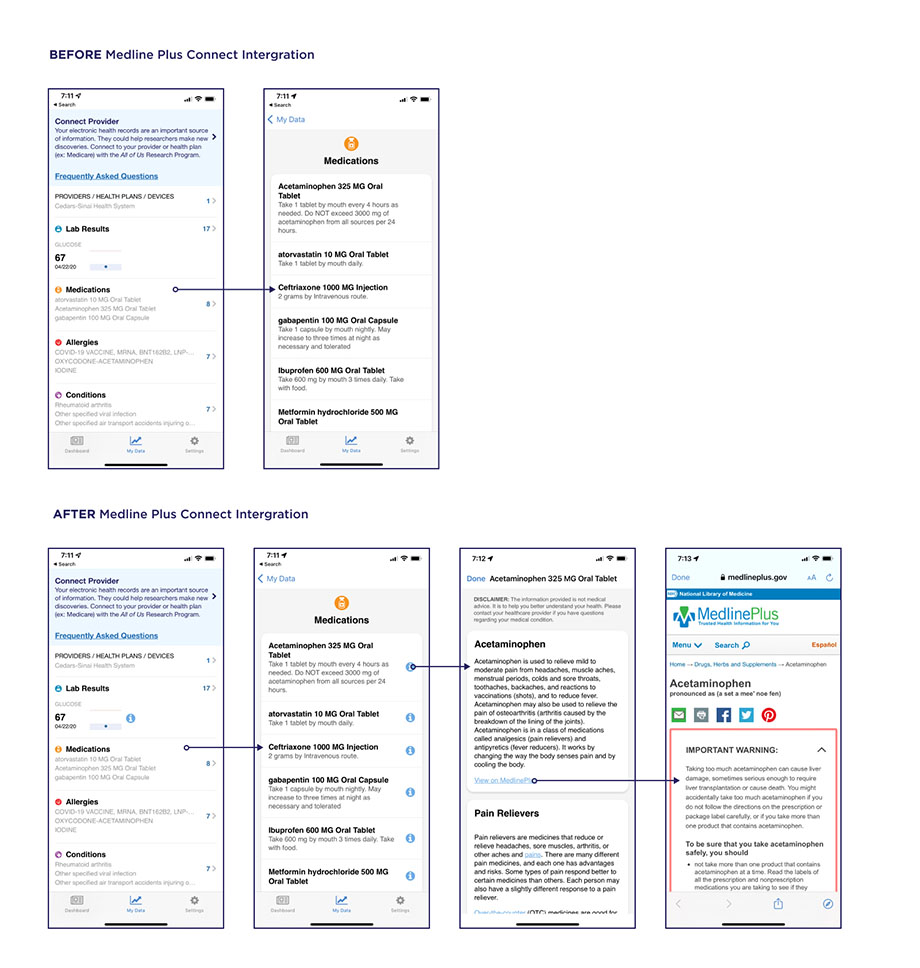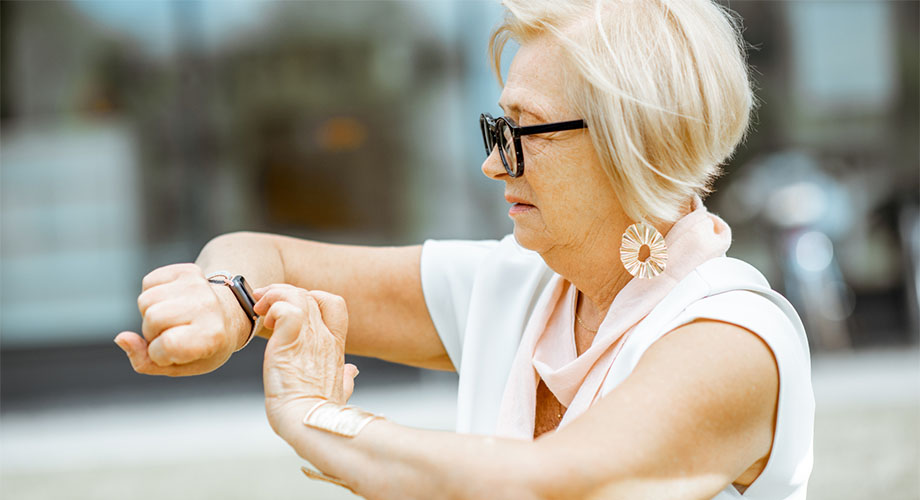Authors: Gayle Simon, Sasri Dedigama & Jeff Pawelek –
Finding Ways to Return Value to Research Participants
Individuals who take part in clinical research studies donate their time, health information, and complete other tasks depending on the nature of the study. Various incentives are often used to compensate participants for their contributions. Remuneration is one common option, but there are also other opportunities to provide participants value, such as through return of information.
In today’s digital landscape, health information comes in many forms far beyond hospitals and clinics, including personal wearable devices, at-home medical tests and monitors, smartphone health apps, and external labs and services. As an individual’s electronic health record (EHR) captures a more comprehensive view of their health profile, its potential to answer important clinical questions rises significantly when pooled together with other research participants – which is all the more reason why researchers should consider novel ways to return value to those who participate in research.

Return of value can come in different forms – monetary and non-monetary incentives, becoming eligible for an experimental treatment, gaining access to cutting edge health information and technology, or altruistically contributing to the greater good of the medical community. For researchers, providing return of value can boost engagement and retention of study participants which helps ensure the successful completion of a research study. Most importantly, the return of personalized health information signals to participants that they are true partners in the scientific research effort and that participation is not just a one-way street.

Delivering Value Through Mobile Health Resources
At the Scripps Research Digital Trials Center, each clinical research study uses a smartphone app that guides our research participants through the various study-related activities. Study apps can allow research participants to complete health surveys, connect wearable activity trackers and electronic health records, complete biosample collections, contact the research team, and enroll into additional research studies. And once a participant connects various sources of their digital health data, they can view the data they are sharing within the study app.
We wanted to take it a step further and provide participants with an easier way to understand the health information they’re sharing, so we introduced MedlinePlus Connect (developed by the National Library of Medicine, National Institutes of Health, and Department of Health and Human Services) into our participant-facing study apps.
MedlinePlus Connect packages various types of health data into user-friendly formats that are easy to understand, and has an integrated consumer health library and dictionary so the participant does not have to find an external source for information. Educational resources are personalized based on the contents of the individual’s EHR, and all information is centralized within the app for quick and easy access. MedlinePlus Connect was chosen because it provides highly trusted sources of consumer health information, a customizable design, and an ever growing number of patient-centered educational resources at no cost.
The screenshots show the additional features from MedlinePlus Connect within the study app.

Reaction from Research Participants
The Scripps Research Translational Institute leads The Participant Center for the All of Us Research Program, which manages the nationwide enrollment of individuals who do not have access to a participating healthcare provider organization. The Participant Center formed a Virtual Advisory Team, a consortium of All of Us participants who can speak directly to the participant experience and help guide The Participant Center’s recruitment and engagement strategies.
When the MedlinePlus Connect feature was presented to the Virtual Advisory Team, it received overwhelmingly positive feedback with praise for its utility and relevance to better understanding health information. To date, over 25% of All of Us study participants who opted to share their EHR have used MedlinePlus Connect by discovering the new feature on their own (without receiving any prior communication that the feature is available).
Since its launch in the All of Us study app, MedlinePlus Connect has been deployed across all research platforms within the Digital Trials Center. In the future, we plan to integrate an alert within the study app to notify participants of MedlinePlus Connect features to determine if we can further improve engagement. Along with returning health-related results and other incentives to participants, we plan to continue using MedlinePlus Connect as well as innovate other ways for delivering value to our research participants.
Footnote: MedlinePlus Connect is a no-cost, government-provided health information resource. No incentives were received by Scripps Research for using MedlinePlus Connect.



